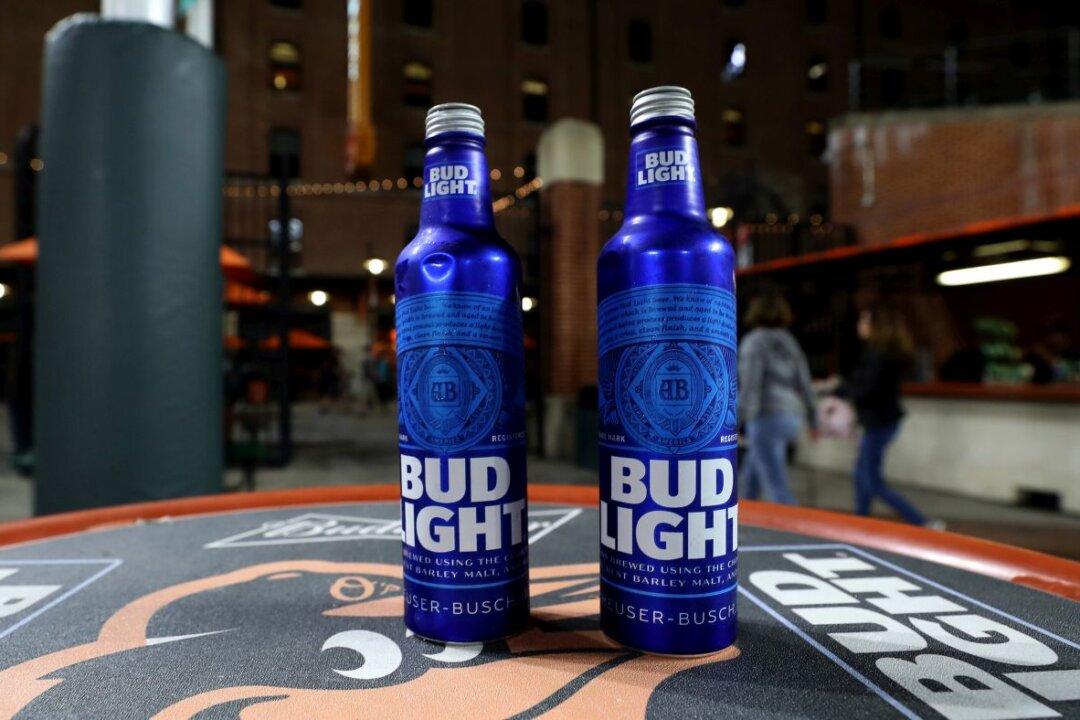The boycott of Bud Light following an ad campaign featuring transgender activist Dylan Mulvaney appears to be having an impact, industry analysts say.
“This boycott seems to have more legs than most,” Justin Kendall, editor of beer industry trade publication Brewbound, told the New York Post on Tuesday. “It started out as a conversation on social media and has breached into mainstream media.”





